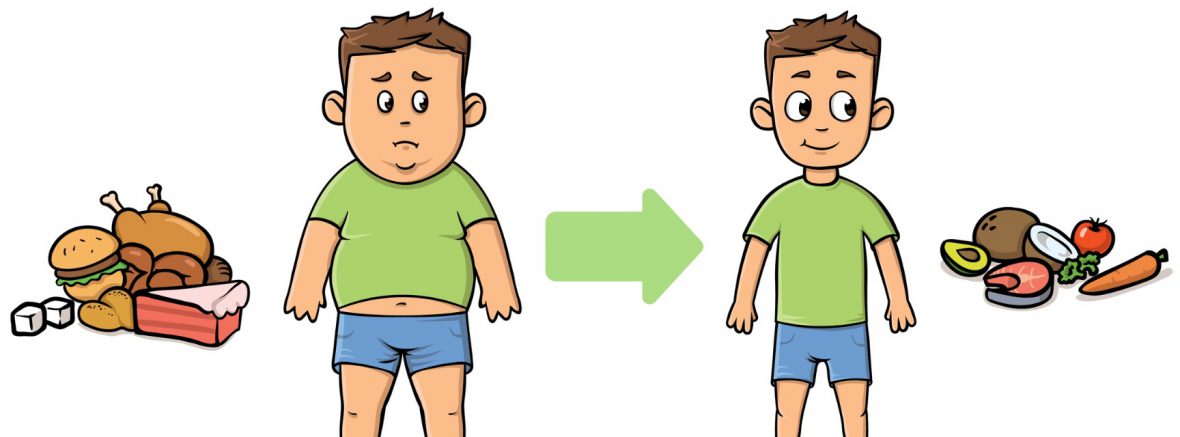The teen years bring lots of change and challenges. From acne to broken hearts, from drugs to lost homework, challenges abound. Getting teens to make healthy food choices isn’t always the most urgent battle to be fought, although health is important.
The thing is, in the teen years, food isn’t a battle you should be fighting. Instead, food choices are ones they should be making on their own.
As a teen, I was gluten intolerant. I knew that if I ate a cookie made with wheat flour, I would pay for it with a vicious headache. My mom knew that too, but she wisely refrained from nagging me about it. After a while, I processed my grief and anger about the intolerance, and on my own I began to avoid gluten and even to monitor cross-contamination. I needed to have that autonomy and choice.
Give them choices.
Choices are important for children of all ages, but never is this truer than during the often turbulent teen years. With loving persistence, most infants will learn to eat almost any food that you spoon into their mouths. That window closes at one to two years old, and by the time these youngsters hit adolescence, any notions we may have had about forcing them to eat healthy food are long gone. Work with your teen’s independence, not against it. Many parents of teens resort to nagging, subtle hints, or shaming. Sometimes they just give up on trying to get them to eat healthy foods. Because autonomy and freedom are so important to teens, the best strategies will harness those values instead of fighting against them.
Bingeing on junk food is sometimes a way to rebel against parental wishes, but what if eating healthy food could be seen as an act of rebellion instead? A study in the Proceedings of the National Academy of Sciences found that educating teens about the manipulative practices of the food marketing industry helps them see that healthy food choices are a way of subverting the system. https://www.ncbi.nlm.nih.gov/pmc/articles/PMC5047199/. So there is, after all, a useful outcome of teenage rebellion!
Practice what you teach.
If detecting hypocrisy in one’s parents were a marketable skill, teenagers would corner the world market. This is one of the reasons that parenting teens can be challenging and even unnerving. If you have double standards, they will spot them and often call them out. Honesty on your part, and modeling a healthy relationship with food, becomes more important than ever before.
Disordered eating often starts in the teen years, and one of the best safeguards you can give your children is to show them by example what a healthy relationship with food looks like. Learn to like your own body, nourish yourself, practice eating in a way that keeps you feeling your best, and your teen will have a much better chance of doing the same.
Serve healthy food at home.
Make wholesome food a normal part of your family life, so that when your teen is home, healthy eating is the usual choice.
Encourage eating breakfast, so that junk food isn’t so attractive mid-morning. Keep quick, easy, and healthy breakfast options on hand. Things like whole-grain flax muffins, fresh fruit, whole grain breakfast bars with no added sugar, and hard-boiled eggs can be grabbed on the way out the door. Don’t limit breakfast to traditional breakfast foods, either. A cup of soup or a healthy sandwich is great fuel to start the day.
Discuss the food options at school, and how to choose the best and healthiest options. Even better, offer your teen a choice between spending lunch money on cafeteria food or brown-bagging and using the money to buy something they really want. Then pack nutritious and delicious lunches for her or him.
As much as possible, aim for home-cooked family dinners on most weeknights. Not only is this good for family bonding, you can also make better food choices if you cook at home. Cooking can be a family adventure, with everyone participating in food preparation. As your teen gets better at food preparation, they can have the option of cooking whatever they want, if it’s cooked from ingredients already on hand. That may mean eating pizza and lasagna every time it’s their turn to cook, but that’s okay. At least they are cooking and paying attention to how food is made. And chances are that after a while they will attempt a more ambitious menu with a greater variety of ingredients, even including some vegetables.
Make it a movie night.
For a different kind of bonding experience, plan some food themed family movie nights. There are quite a number of food-related documentaries available, including Forks Over Knives, Supersize Me, Unsupersize Me, Food Inc., Hungry for Change, and many more. Some of these are available on YouTube, some on Netflix, and most of them on Food Matters TV (FMTV). You can also check your local library for the DVD version. This is a good way to educate the entire family, including yourself and any younger kids, about food and food politics. I can promise that you won’t look at your plate (or your grocery cart) in the same way after watching these documentaries. Involve your teen in discussions about what you can change as a family and take their suggestions seriously.
Movie nights can morph into eco-cooking challenges and ethnic food tours. Check out what’s available in your region and allow your teens to participate. This might be a family adventure or an opportunity to recognize their growing independence and capability. And—this is absolutely key—eat what they cook, and compliment their skill and effort.
Key takeaways:
- The teen years are challenging; handle with compassion.
- Teens need autonomy, choices, and inclusion with family—even when they don’t seem to appreciate any of them. Giving choices signals love and respect. Teens are capable of conceptual thought and evaluating complex information; when you ask for their opinion you are recognizing and valuing that mental maturity.


